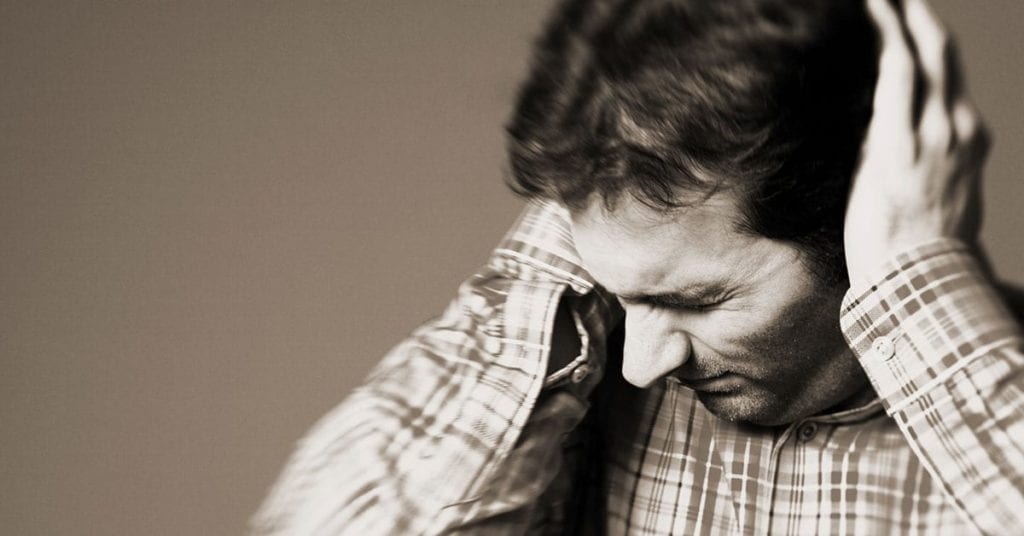Everyone experiences a little nervous energy sometimes. Preparing for a speech, cramming for finals or walking into a job interview can certainly raise blood pressure and make the body tense, but true anxiety disorders present these uncomfortable feelings over and over for prolonged periods of time. The discomfort caused by anxiety disorders, for instance, panic attacks and social anxiety, can feel unbearable.
Knowing the different kinds of anxiety disorders and their symptoms can help you pinpoint the best treatment plan for you.
5 Types of Anxiety Disorder
Until you can tell the different anxiety disorders apart, anxiety may seem like one big overwhelming mountain to climb. Don’t be deterred – be informed. Anxiety does not discriminate but rather it affects all ages, races, and genders; generally speaking, anxiety as an umbrella term is one of the most common disorders experienced nationwide, and this is all the more reason to better understand which symptoms link to which specific types of the anxiety disorders described below.
- Generalized Anxiety Disorder (G.A.D.)
This type of anxiety disorder is characterized by overall chronic, recurrent anxiety, accompanied by unwarranted and excessive worry. - Panic Disorder
This type of anxiety disorder is characterized by sudden, frequent episodes of intense fear with potential physical symptoms, including chest pain, heart palpitations, shortness of breath, dizziness, or abdominal discomfort. - Post-Traumatic Stress Disorder (PTSD)
This type of anxiety disorder develops after exposure to a shocking, physically harmful and/or life-threatening event. Traumatic events that trigger PTSD include violent personal assaults, natural or human-caused disasters, accidents, or military combat. - Obsessive-Compulsive Disorder (OCD)
This type of anxiety disorder is characterized by recurrent, unwanted thoughts (obsessions) and/or repetitive behaviors (compulsions). Repetitive behaviors such as hand washing, counting, checking, or cleaning are often performed, but performing these only provides temporary relief. - Social Anxiety Disorder
This type of anxiety disorder is characterized by uncontrollable anxiety and extreme self-consciousness in daily social situations. Social anxiety can be limited to one specific type of situation, like fear of speaking in formal situations, or, in its most severe form, it may be so broad that an individual experiences symptoms almost anytime he or she is in public.
The more you know, the easier it is to find and execute the best recovery strategy, side by side with your family, your individual counselor and doctor, and most importantly, with you.
Anxiety Disorder: Treatment & Therapies
One-on-one counseling, Cognitive Behavioral Therapy, support groups and stress management techniques (massages, meditation, yoga) are just a few options for available methods of coping with an anxiety disorder.
Medications do not cure anxiety disorders but some can provide relief for uncomfortable symptoms, such as overthinking and hypersensitivity. Anti-depressants, anti-anxiety prescriptions and beta blockers are the three top medications listed for combating the stacked side effects of anxiety disorders.
Seeking help from trained professionals at a mental health center such as Advantage Mental Health Center, can give you the confidence boost you need to address the issue head on. Proven success and licensed experts guide you through the treatment plan to custom fit your recovery to your disorder-specific symptoms. AMHC is dedicated to restoring your quality of life. Don’t wait any longer to see if it will get better on its own – it’s time.
Request your appointment right now.


